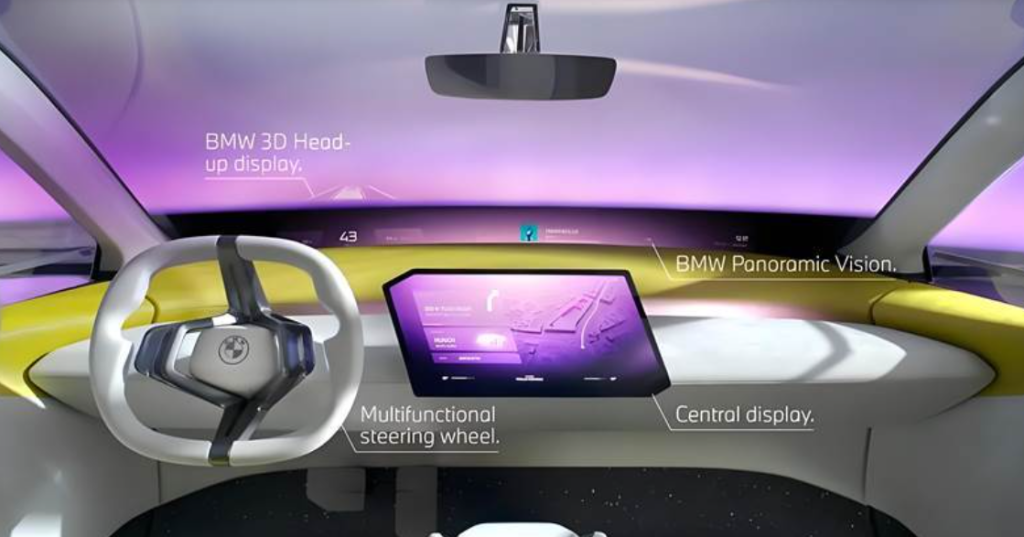July 26, 2025 (Shanghai) — Pony.ai, among the first to secure Shanghai’s new intelligent connected vehicle (ICV) demonstration licenses, has officially launched public Robotaxi services in Shanghai Pudong’s Jinqiao and Huamu districts. Partnering with Jinjiang Taxi (under Shanghai Jinjiang Group), the service operates Monday-Friday from 7:30 AM to 9:30 PM, bookable via Pony.ai’s app.
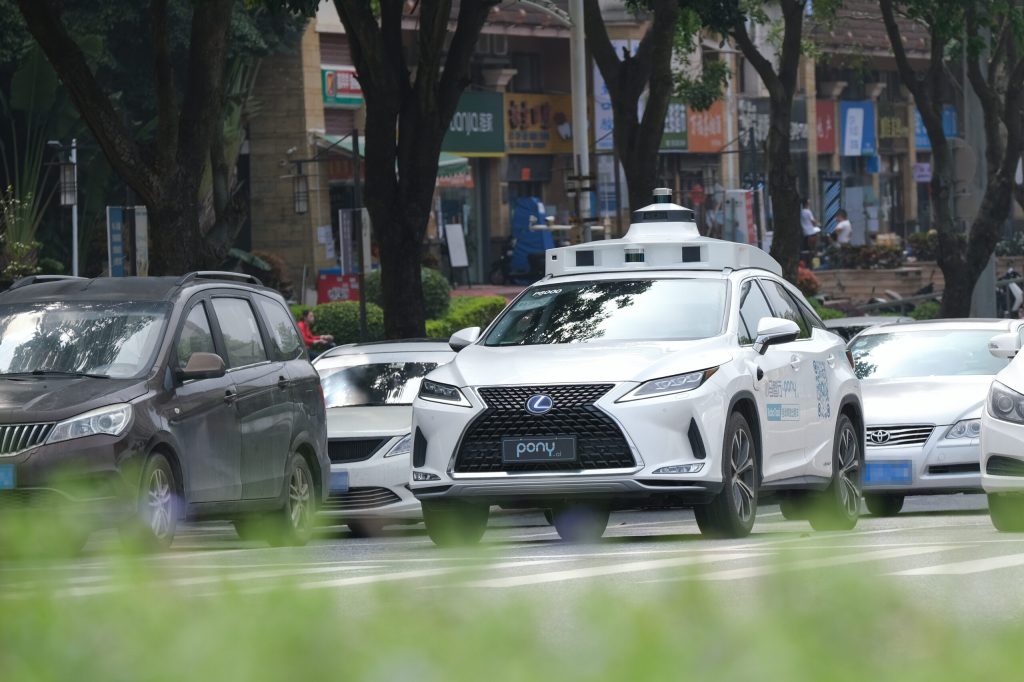
KEY FACTS
- Service Details
- Coverage: Connects key areas including Pudong government offices, Super Brand Mall shopping center, Century Park, and Pudong Football Stadium metro station.
- Tech Backbone: Pony.ai’s system has undergone 50+ million kilometers of global road testing, validated in extreme weather and complex urban scenarios.
- Strategic Positioning
- China’s 1st Hybrid Fleet: Unlike rivals (e.g., Baidu’s Apollo Go), Pony.ai integrates its autonomous tech with Jinjiang’s traditional taxi operations—a model balancing innovation and regulatory compliance.
- No “Big Parent”: Faces entrenched competitors like Baidu-backed Apollo Go and SAIC-supported Momenta, with OEMs increasingly developing in-house autonomous solutions.
- Industry Challenges
- Profitability Pressure: Despite a projected RMB 834.9 billion (USD ~115B) global Robotaxi market by 2030 (TF Securities), monetization remains elusive. Pony.ai must prove unit economics to revive investor confidence post-“capital winter.”
- Strategic Crossroads: Choice between deepening tech moat (e.g., scaling L4 capabilities) or forging OEM/alliance deals to accelerate commercialization beyond ride-hailing.
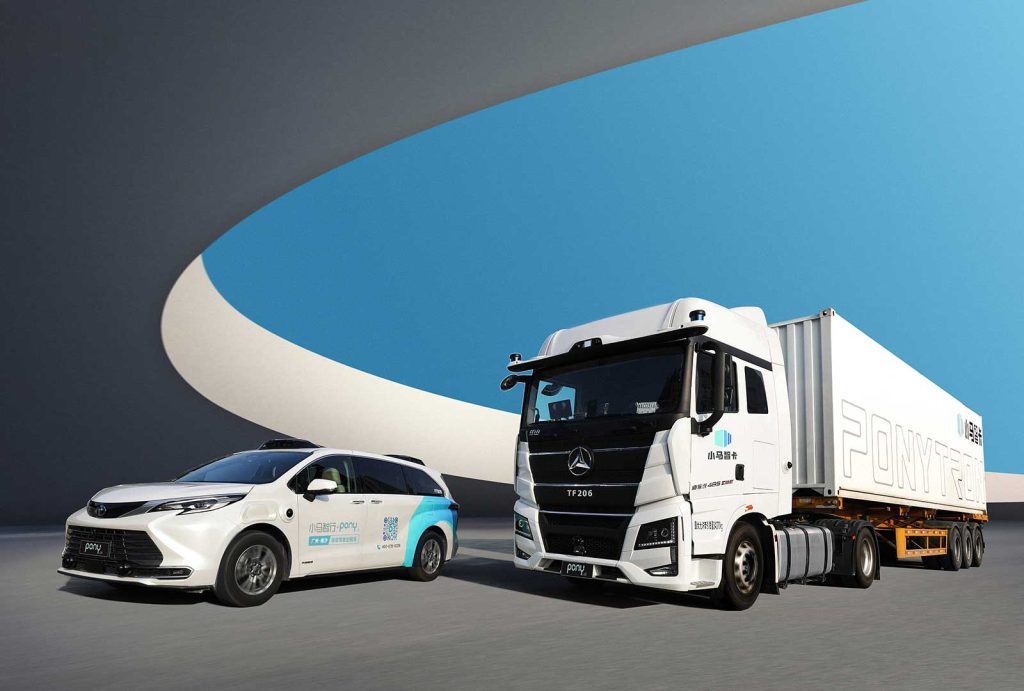
Source: Pony.ai
EDITOR’S NOTE
Pony.ai’s Robotaxi launch in Shanghai is a big step forward, but challenges remain. Partnering with Jinjiang Taxi helps navigate regulations by mixing self-driving and traditional taxis. However, without strong auto industry backing—like Baidu and SAIC have – Pony.ai faces tough competition.
The race is no longer just about tech or permits—it’s about who can make self-driving cars profitable first. Pony.ai must move beyond tech hype and show real money-making potential, whether through ride-hailing, deliveries, or selling its software to other companies.
Support from Shanghai’s government helps, but in the long run, only profits will keep Pony.ai in the game.
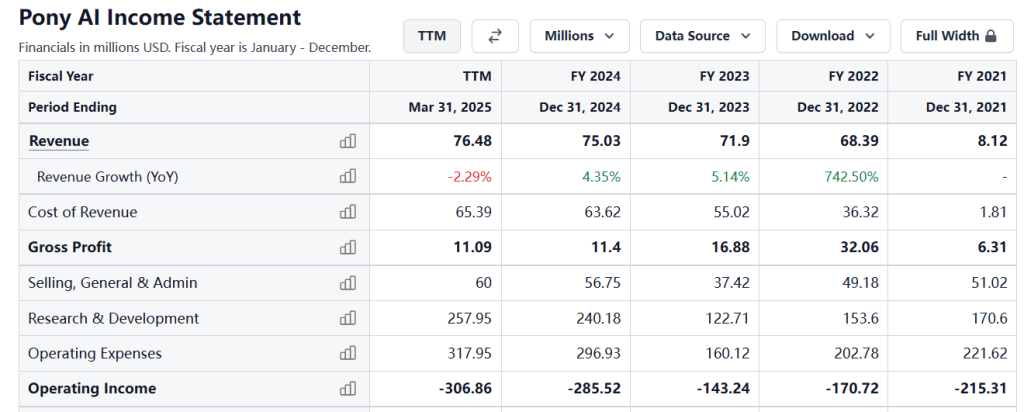

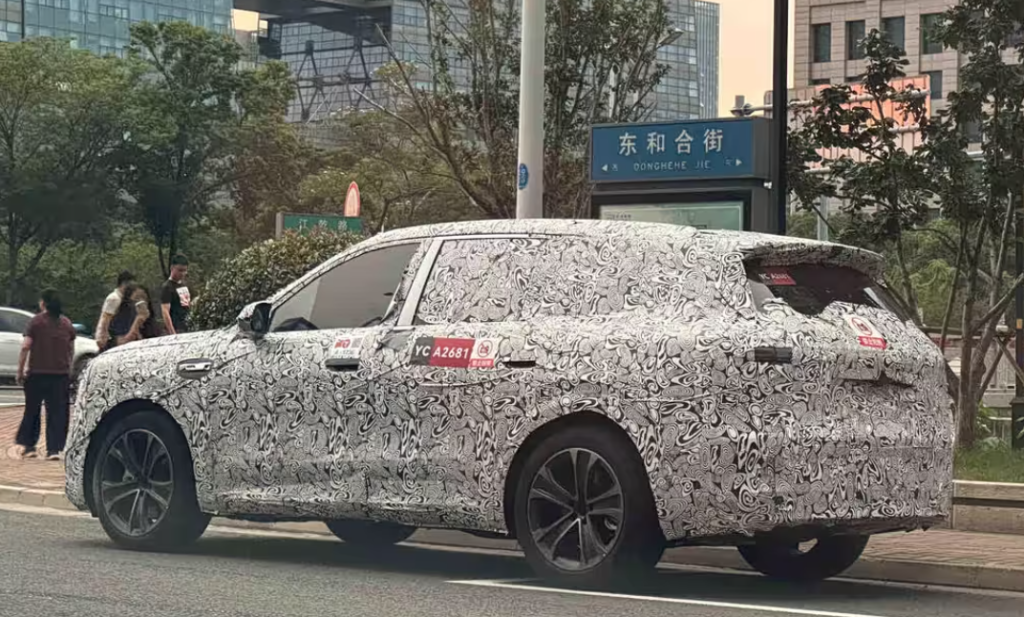
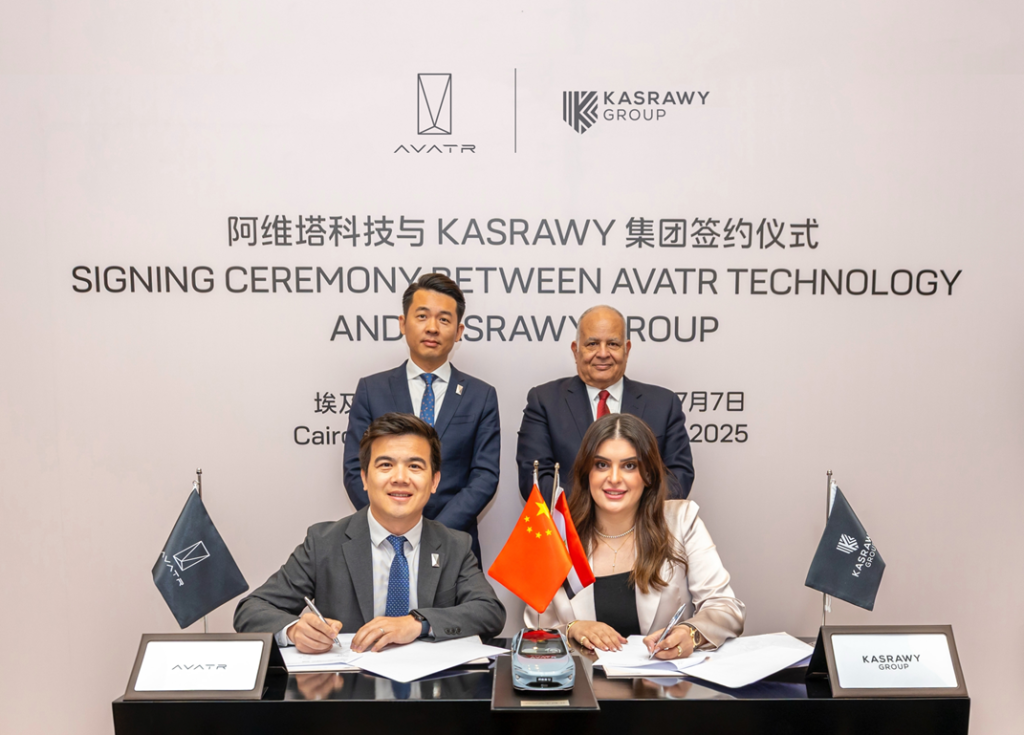

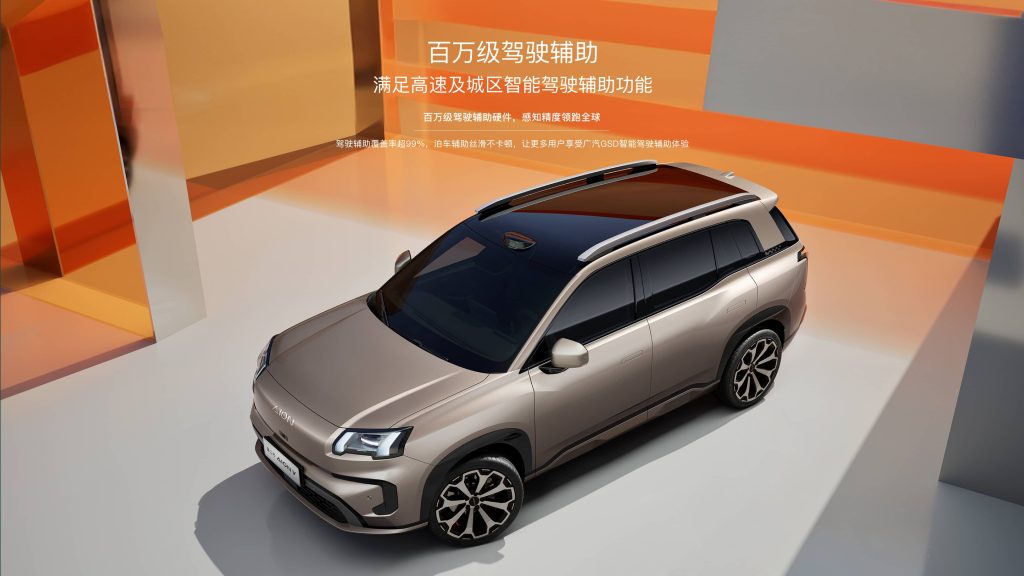

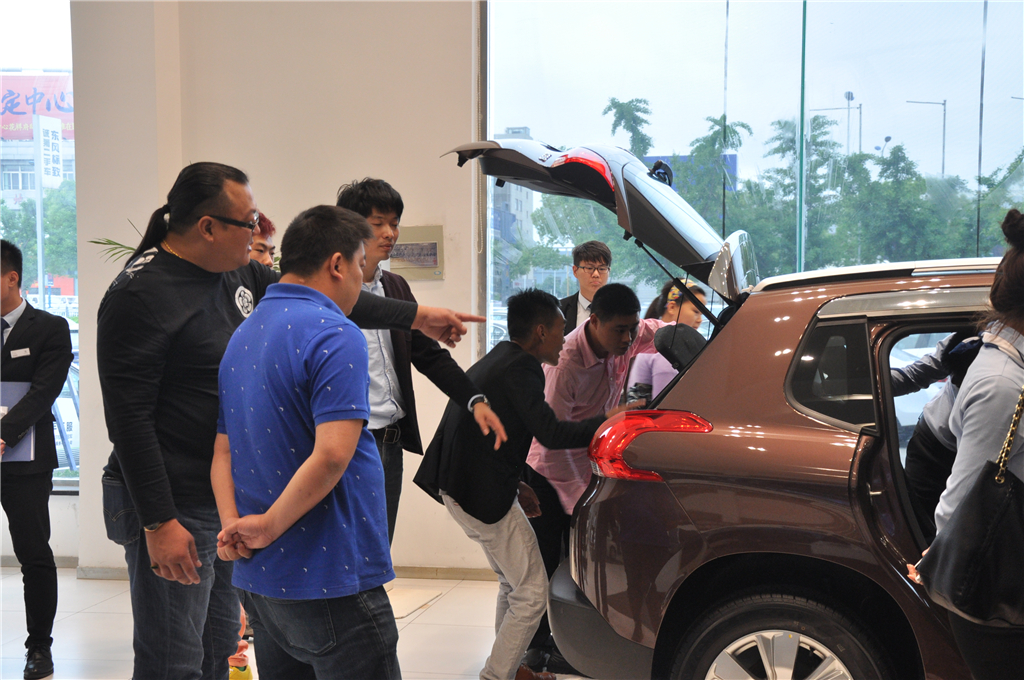
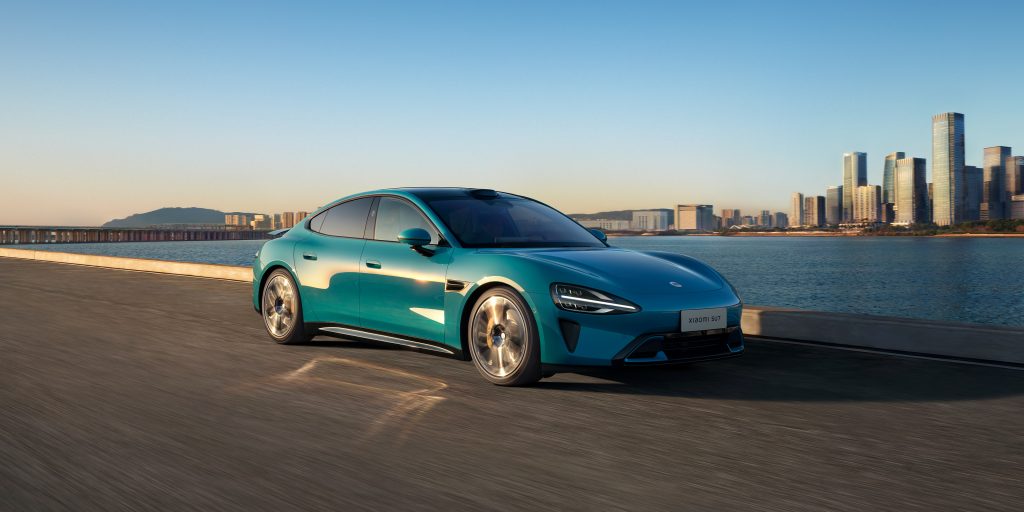
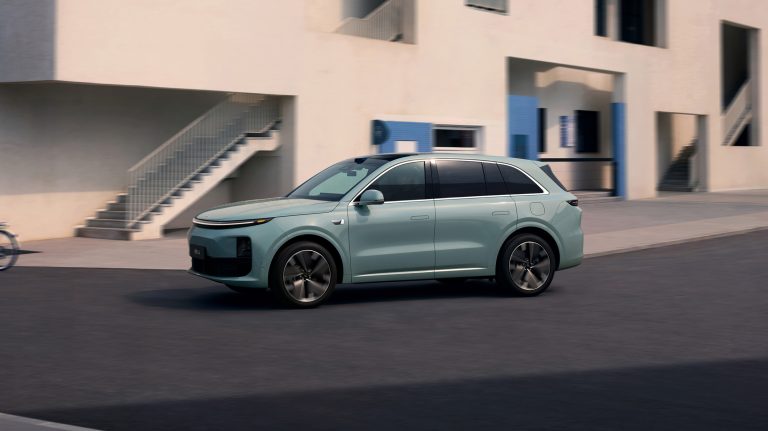

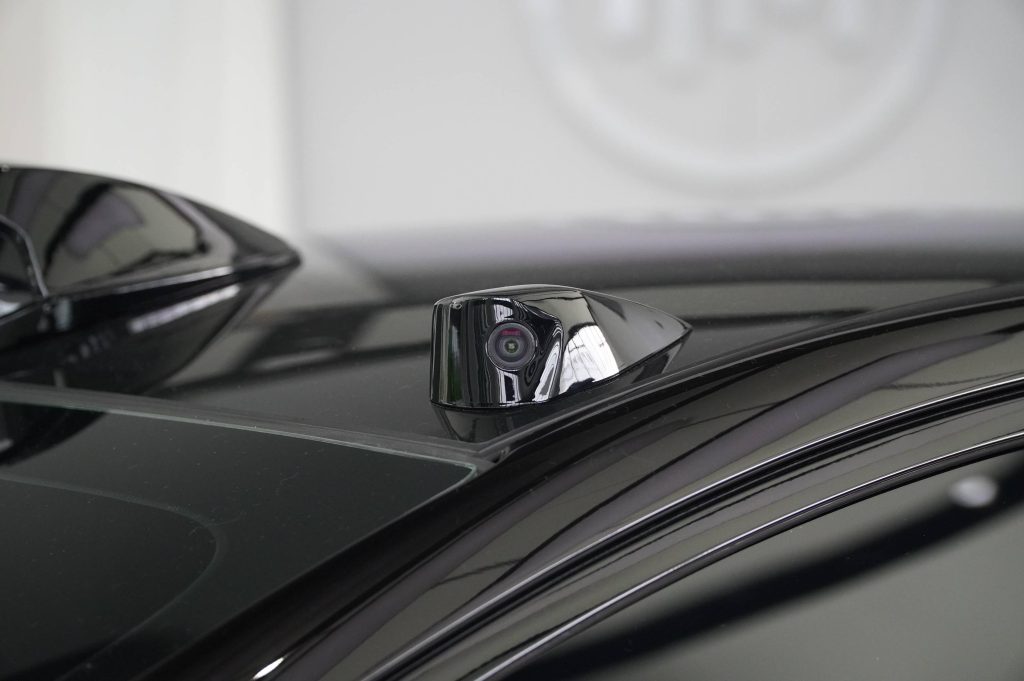
![[POLICY WATCH] CHINA’S 2025 CAR SCRAPPAGE SCHEME: HOW NEVS ARE RESHAPING THE MARKET](http://www.zingevs.com/wp-content/uploads/2025/07/388ec94d-e2cc-4894-97e0-48762c7e4d1d-1024x615.jpg)



